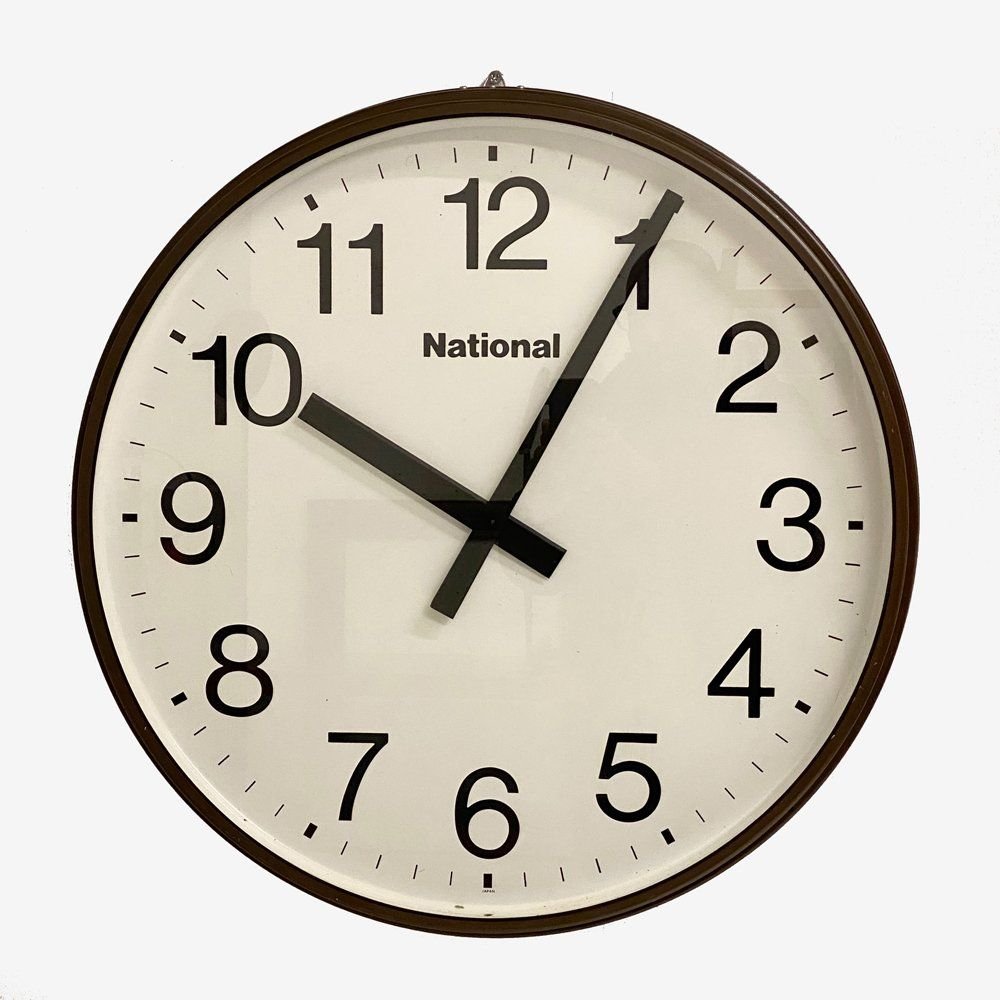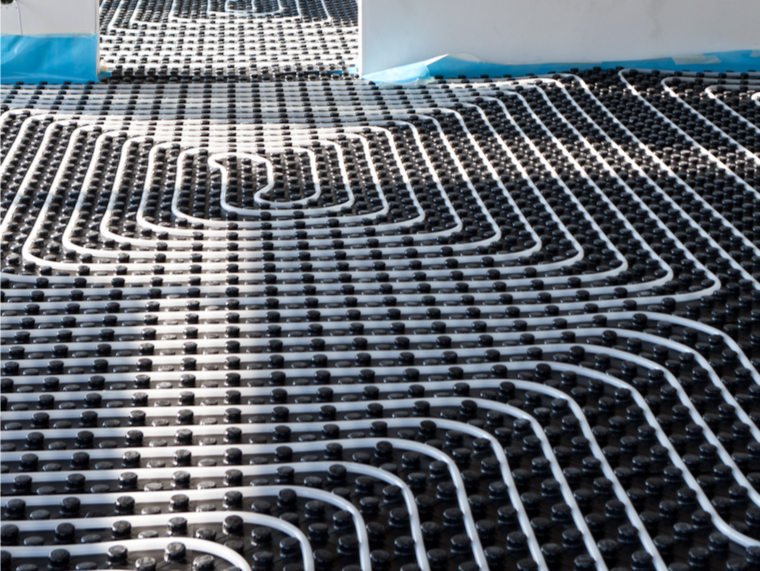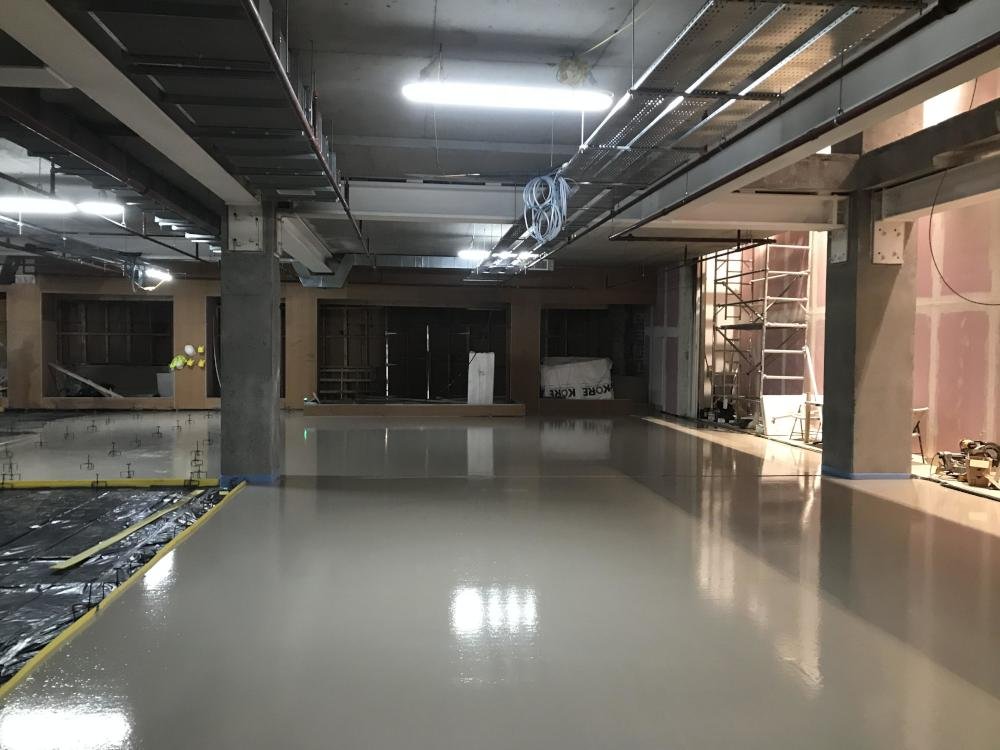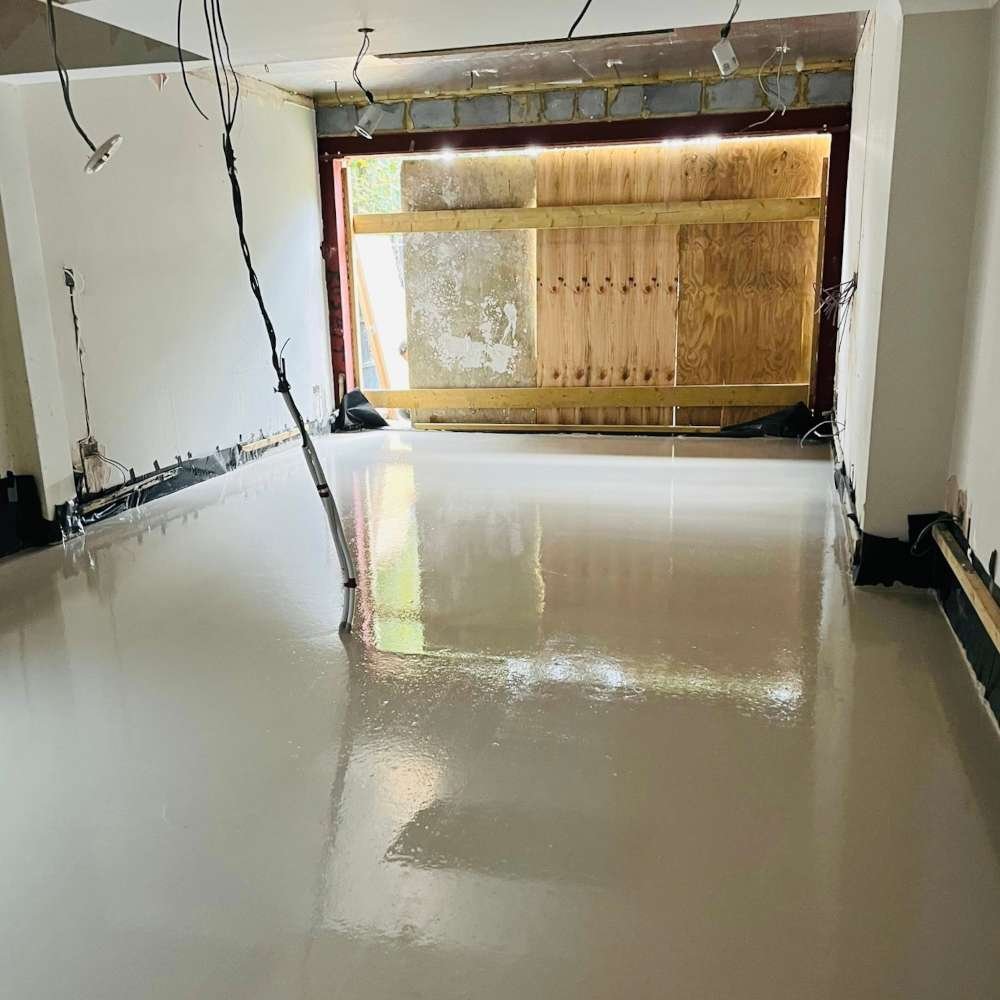Blog
Welcome to the Sigma Screed blog. Here you will find the latest information, news and insights into our products, services and industry.

Concrete vs Liquid Screed: What’s the difference and which is right for your project?
While concrete and liquid screed are both popular choices for creating subfloors, they serve different purposes and come with distinct benefits. Knowing these differences can help you make an informed decision for your project, or find the best screed company to handle your needs.

How is the smoothness of screed measured?
The smoothness of a screed is typically measured using a straight edge or a laser level, which is placed at various points on the surface to check for any deviations from a perfectly flat and level plane. The measurements are then compared to industry standards.

How long does liquid screed take to dry?
The drying and curing time of floor screed can vary depending on several factors, such as the type of screed, thickness, humidity and temperature.

Can liquid screed be used with underfloor heating?
Yes, liquid screed can be used with underfloor heating systems. In fact, it is a popular choice for underfloor heating installations because of its excellent thermal conductivity and self-compacting properties.

How is the moisture content of floor screed measured?
The moisture content of screed can be measured using various methods, including: calcium carbide test, electronic moisture meter and oven-dry test.

What is anhydrite screed?
Anhydrite screed, also known as calcium sulphate screed, is a type of flowing screed that is made from anhydrite (calcium sulphate) binder, sand, and water, along with other additives such as polymers, retarders and accelerators.

How much does flow screed cost?
The cost of flow screed can vary depending on several factors, including the type of screed used, the depth required and the size of the area being screeded.

Is liquid screed suitable for residential and commercial applications?
Yes, liquid screed is suitable for both residential and commercial applications. It is a versatile material that can be used in a variety of different settings, including homes, apartments, office buildings, schools, hospitals and more.

How does the cost of liquid screed compare to traditional sand and cement screed?
The cost of liquid screed is typically higher than that of traditional sand and cement screed. This is because liquid screed is a more high-quality, specialised material that can provide a number of benefits over sand and cement screed.

What are the different types of floor screed?
There are several types of floor screed available and each has its own set of properties and benefits.

